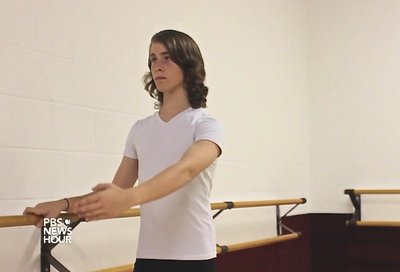"We shouldn't judge people through the prism of our own stereotypes," Queen Rania of Jordan said. There may not be an easy answer to this question, but former New York City Mayor Ed Koch put it nicely when he said, "Stereotypes lose their power when the world is found to be more complex than the stereotype would suggest. When we learn that individuals do not fit the group stereotype, then it begins to fall apart."
If you haven't checked it out, you really have to click here:
PBS Student Reporting Lab's "Outside the Box" series
.
You wouldn't regret it. These student-produced videos are a great way to learn about individual kids who do not fit the group stereotype--and may just play a powerful role in helping all of us from stereotyping.
Directions:
After watching the two "Outside the Box" videos, ask students to write a reflective response to the questions below for 3-5 minutes. Students should share their response with another student or discuss as a class.
Essential question: How can individuals play a role in defying group stereotypes?
1) Why do you think Sean's peers teased him about his dancing?
2) Social and emotional support is a big factor for those kids who defy stereotypes. Why do you think Sean's father took part in this video?
3) How do you think you'd react if you heard someone say that a boy dancing is girly?
1) Why do you think so few women go in to welding?
2) How does Kalei's story break away from the group stereotype of welders?
3) Do you know someone in your life who has not fit the group stereotype in a particular profession? Does Kalei's story make you think about the role that individual has played in defying stereotypes? Explain.
You may want to remind students that short writing assignments are a useful way to generate ideas for potential research papers, op-ed articles and important conversations...not a bad way to fight stereotypes.




